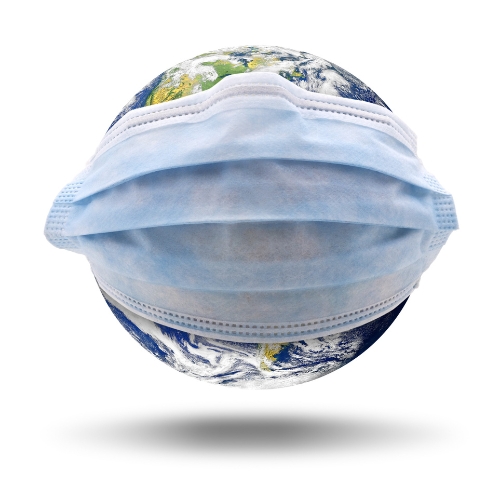Key points from article :
Ancient “zombie viruses” frozen in melting Arctic permafrost could fuel a new pandemic if unleashed by climate change.
Traces of ancient pathogens like poxviruses and herpesviruses have already been found in the Siberian permafrost.
“If the amoeba viruses are still alive, there is no reason why the other viruses will not be still alive, and capable of infecting their own hosts,” - Jean-Michel Claverie, lead author.
Scientists plan an Arctic monitoring network to detect early cases of a pandemic from these viruses.
Quarantine facilities and medical expertise would be deployed to contain an outbreak in the Arctic.
Increased human activity, driven by mining and exploration, is seen as a bigger threat than melting permafrost itself.
Our immune systems might be vulnerable to unknown ancient viruses, leading to devastating consequences.
Similar to Nipah and monkeypox outbreaks linked to deforestation and habitat disruption, land use changes in the Arctic could create conditions for new diseases.





